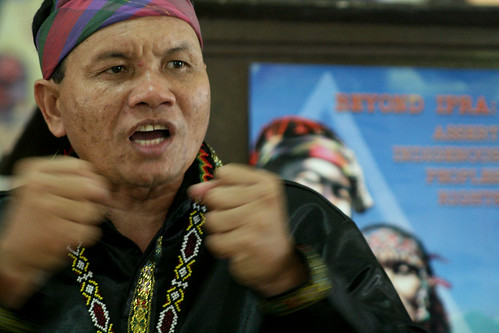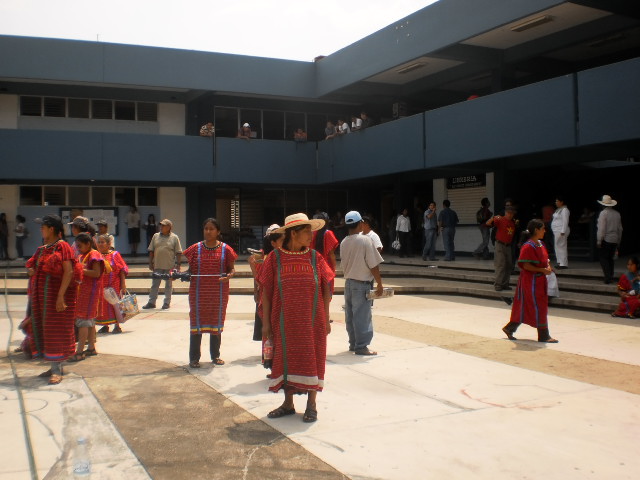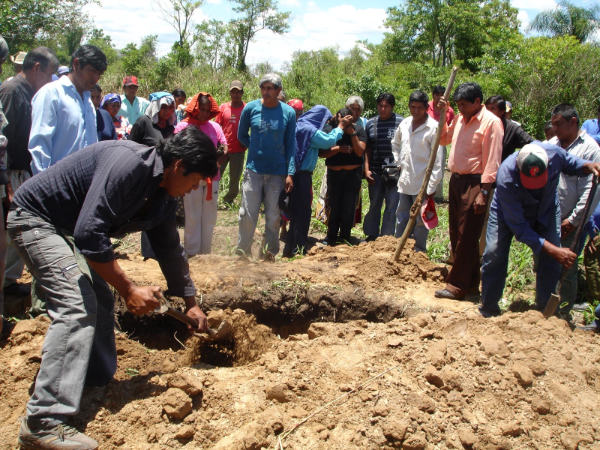 The Subanen are native to the Zamboanga Peninsula in the western part of the large southern Philippine island of Mindanao.
The Subanen are native to the Zamboanga Peninsula in the western part of the large southern Philippine island of Mindanao.
They were originally found along the river banks or “suba” but now reside primarily in the mountains because of continuous invasions of Muslim groups as well as migrations of Cebuano speakers in the coastal areas of the Zamboanga Peninsula.
The groups that traditionally remained animist call themselves “Subanen”, or “Subanon” in the area closer to Zamboanga City. Other groups who are linguistically members of the Subanen language subgroup but adopted Islam call themselves “Kolibugan” in western areas and Kalibugan in the central area. Although claims are often made that the Kolibugan/Kalibugan are ethnically mixed with Sama, Badjaw, Tausug, or Maguindanaon, there is no evidence supporting this, and linguistically, the languages of the Islamic members of the Subanen subgroup are virtually identical with the language of the neighboring non-Islamic group, except that the Islamic groups have a larger amount of Arabic vocabulary that refers to aspects of life that deal with religious concepts.
Text adapted from Wikipedia’s article on the Subanen peoples



